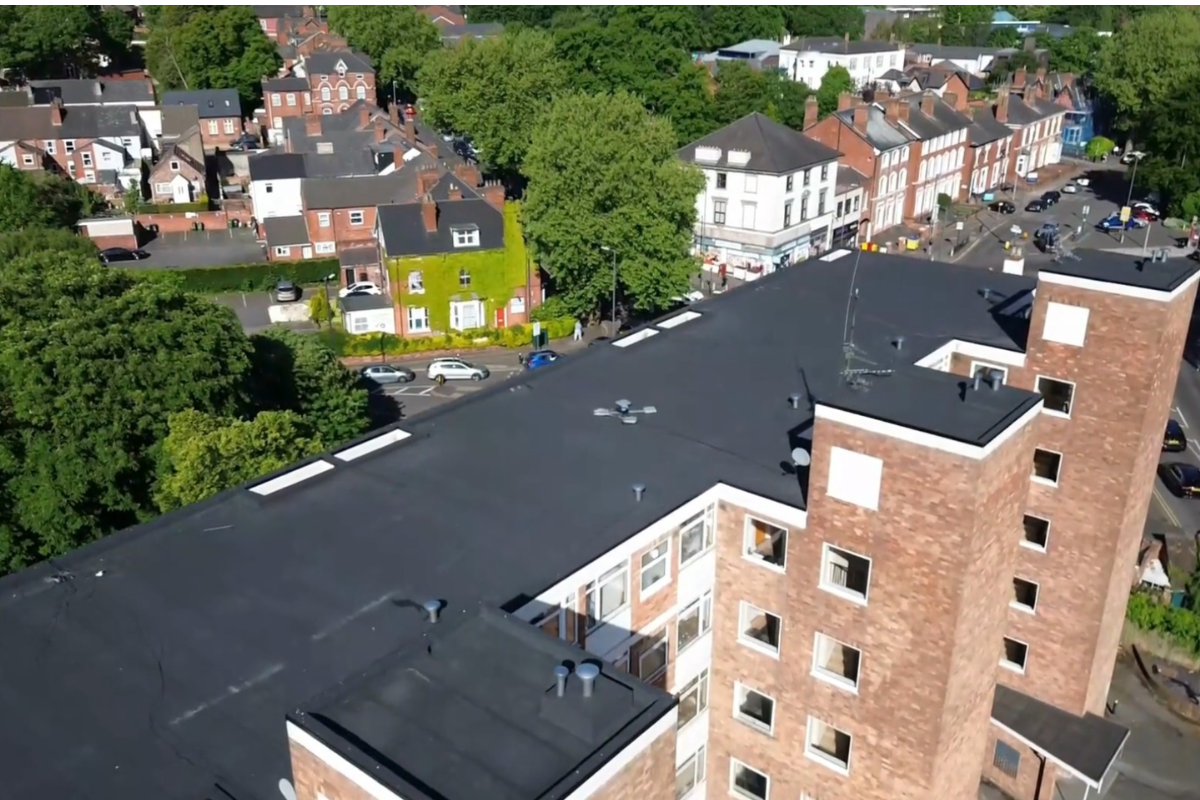Stay in the know with YES Energy Solutions. Here you’ll find the latest updates, stories, and insights — from major energy policy announcements and fuel-poverty initiatives to practical tips that help you lower your bills, make homes greener, and support our community. Dive in to see what we’ve been up to and how we’re working for you.



